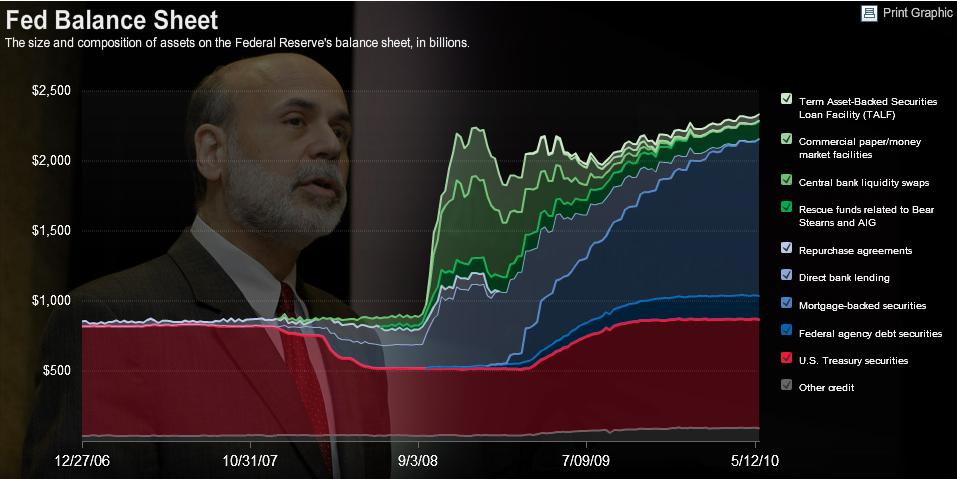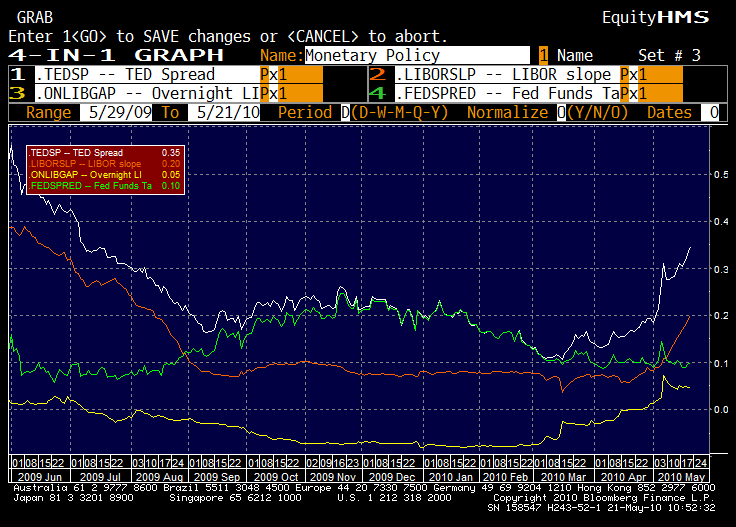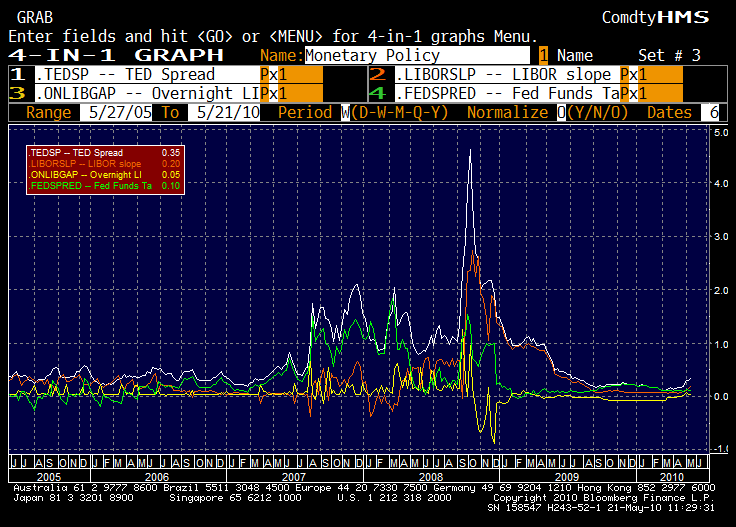Before I start this evening, a small apology to my readers.? Things have been busy around here; blogging has been well below what I would like to do.? Worse, for some unexplainable reason, the hosting of my blog fell apart two days ago, and not for any change that I made.? As it was, WordPress deemed my theme to be broken.? So, I went in search of a new theme that would be compatible with what I used to have with Salattinet, and chose Green Apple.? I am a little more than half through in modifying it.
That said, I needed to make changes and had been delaying doing so.? I have modified my blogroll to reflect who I regularly read.? For the most part, I feature those that say more, but say it less frequently.
I will modify my leftbar to make it shorter, so that the site loads faster.? I will categorize my book reviews, and place the least recent of them on a separate page.
Though I like long post blogging, I will do more short posts.? My site will load a lot faster, so for those that visit the site directly, it should not be as much of a pain.
I expect to have this complete over the next month.? Much as this episode was a pain for me, I kept a good attitude about it, and am looking forward to the better blog that may result from the changes.
-==-=–==-=-=–=-=-=-=-==-=-=–==-=-=–==-=-=-=-=-=-=-=-=-=-=-=-=-=-=-=-=-=-
In order to write tonight’s essay, I scanned Kartik Athreya’s letter, and used OCR to turn it into a tractable file.? I had to correct OCR errors, but I left his spelling and grammar errors alone.? The formatting is slightly different, and fits on three pages, not the original four.
In many ways, economics and finance are about competition.? Writing about economics and finance is tough.? There are many facets to write about; there are feedback loops galore.? So, why do some writers in the blogosphere gain followers, and others don’t?
Tough question.? Being an engaging writer helps in the intermediate-run, and being a scandalmonger helps in the short-run.? In the long-run, all that matters is that the writer is right frequently, makes sense to readers, and has the humility to admit errors.? The economics and finance blogosphere is highly competitive, and talent tends to prevail over long periods of time.? Blogging is more of a meritocracy than peer-reviewed journals.? It more closely resembles “perfect competition.”
There is another aspect to blogging that is different from writing for economic journals: we have more of a slant toward positive economics than normative economics.? Ethics plays a larger role in what bloggers write about than what timid Ph.D. economists will write about.
Just as Law is too important to be left to lawyers, with all of their self-protecting biases, even so Economics is too important to be left to economists with Ph.Ds.? The economics guild protects its own in much the same way as described in Thomas Kuhn’s The Structure of Scientific Revolutions. Bad paradigms survive until a significant number of young scientists displace the paradigm, and replace it with a new one that explains things better.
Economics needs a better paradigm, and I do not mean better mathematical formulas.? For decades economists have been playing sterile math games assuming what they define as rational behavior which is not rational.
Simple example: when I was much younger, I was traveling with the two senior members of my Ph. D. dissertation committee, and I asked them, “But what if consumers don’t maximize?? What if they conserve on maximization, because maximization takes a lot of effort, and take the first ‘good enough’ solution?”? Their answer was the intellectual equivalent of a shrug.? Without maximization, mathematical economics falls apart.? Besides, Milton Friedman taught us that the realism of assumptions doesn’t matter.
I disagree.? It matters a great deal.? If we can’t get optimization to work, all of the implications of a model will fail; there is no way to get correct significant estimates of an optimization model, if people merely satisfice.? And most of us know that we are under time and knowledge constraints, and do not optimize.
The same issues apply to the Microeconomic theory of the firm.? But now let us consider Macroeconomics, which is even squishier.? Academic macroeconomists did not distinguish themselves regarding the recent economic crisis.? Few predicted it, versus a greater number of economist in the business world that did predict it.? Think about it: what should we say about macroeconomic models that claim that the financing structure of the economy is neutral?? That it does not matter how much is financed by debt versus equity?
As I said to Dr. Carmen Reinhart when I met her, “We need more economists that are students of history, and fewer that can do the pretty math for the ideal world that does not exist.”? She seemed to agree.
Get in contact with real data.? Abandon theories that don’t make sense when applied to the real world.? Work in the markets; see if you can make money.? Be practical and adjust.? If businesses can’t lever up infinitely, why should we assume that governments can do so?? Because they can tax or inflate it away?? Ah, but each comes with a cost.
-==–==–=-=-=-=-=-=-=-==–=-=-=-=-=-==–=-=-==-
With respect to Athreya’s letter, I would tell him to grow up, and genuinely compete with those who blog on economics and finance.? Though I am not a Ph.D., I did pass my comprehensive exams and oral exams from UC-Davis, an institution far more prominent than the University of Iowa, at least as far as applied economics goes.? That my dissertation committee left me, and that I could not set up a new committee killed my Ph. D.? It did force me to become an actuary, (my wife-to-be and I wanted to marry and start our family) and learn a lot of practical things about markets and funding structures that most economists will never bother with, to their practical detriment.
In my days at Johns Hopkins and UC-Davis, the longer that I studied, the more I learned that economics waves its hands at the problems that come whenever detailed studies attempt to test the main theories.? The results aren’t pretty; far better to have ad hoc theories that work over a limited range, than theories that proceed from basic principles, but do not work.
Yes, economics is hard.? Much harder than most economists think.? They need to abandon Keynesian, Chicago, and Neoclassical thinking, and aim for something that fits the data more closely.? That may not be the Austrian School, but it will be closer to that than the Neoclassical School.
We need an economic paradigm that is willing to tell the politicians that their actions will do no good, and will likely do harm; that central banks can’t create prosperity.? Governments exist to enforce justice, not goose the economy.
When we are in the bust phase of the economy, there are no good solutions, except to take the pain, realize the losses, and come to a quick end through a painful “big bang.”? This is the solution our central bank and politicians are fighting.? The “Japan solution” that is being followed refinances assets that are in oversupply at progressively lower rates, allowing bad assets to survive, and encouraging unproductive investment.? Real progress comes from accepting that there is no easy solution, and allowing the economy to liquidate bad investments without hindrance from the government or central bank.
The solution comes in preventing booms from getting out of hand, and always letting recessions be hard enough to liquidate bad investments.??? We can’t do that now in the midst of the bust, but after the bad debts of our economy are liquidated, much as the Depression ended in 1941 when Debt/GDP reached 1.4x due to compromises and payoffs, and not due to the government or Fed, there can be real growth again, because less-indebted consumers and businesses are ready to act.
To Mr. Athreya, I would say that he has insufficiently embraced the complexity of the economy.? It is so complex that reducing it to mathematics does not work well.? But in a spirit of friendship, I invite him to visit me in Maryland and have lunch or dinner with me, at my expense.? Maybe I will tell him the story of when I got to question the head of the Richmond Fed.
That’s all for now.? There is more to say, but I am tired, and might not continue the essay so well.


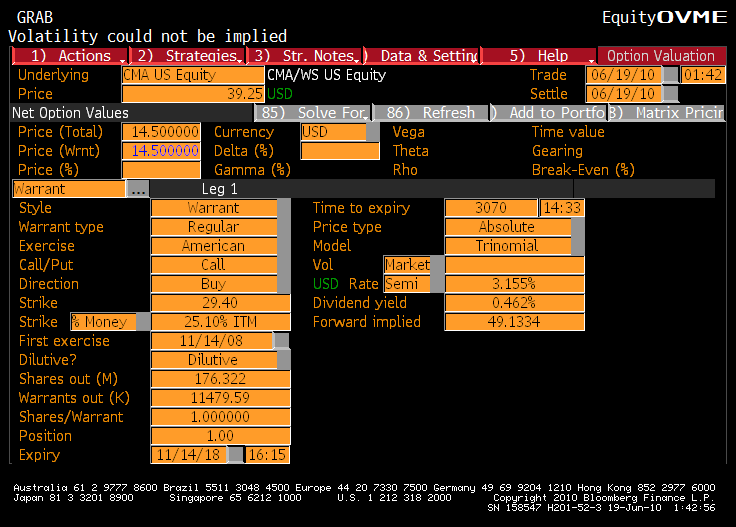

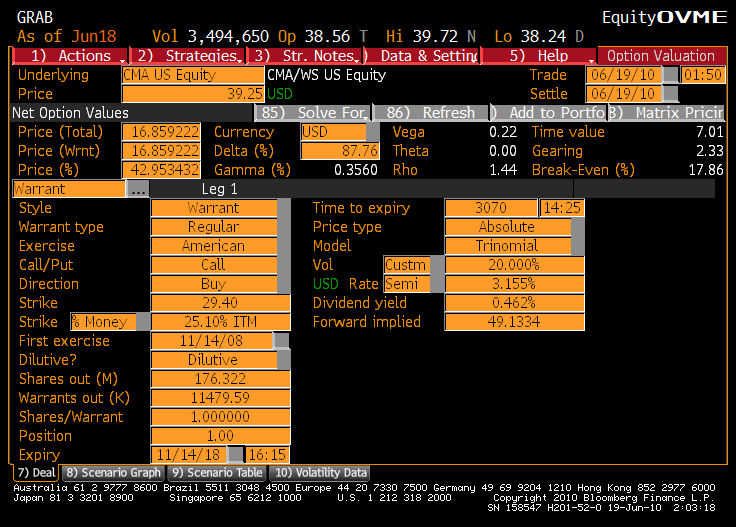
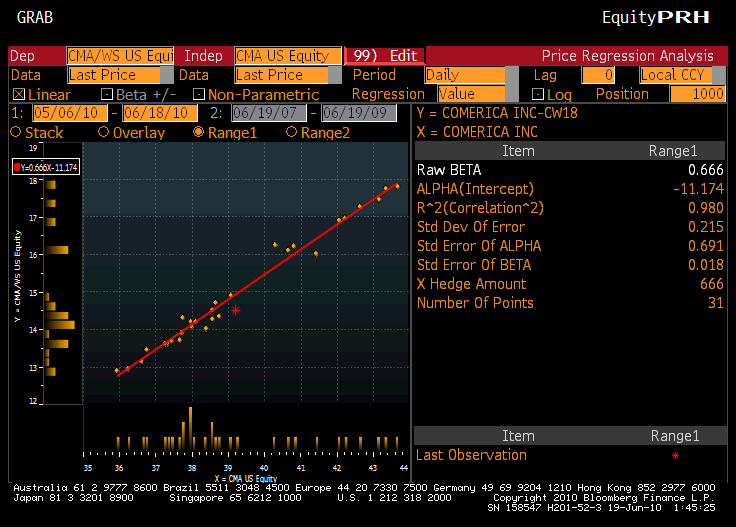
 Over ten months the transaction makes a profit with CMA stock between 30 and 53.? That is one wide band, and there is still room for adjusting hedges in ways that could improve matters.
Over ten months the transaction makes a profit with CMA stock between 30 and 53.? That is one wide band, and there is still room for adjusting hedges in ways that could improve matters.